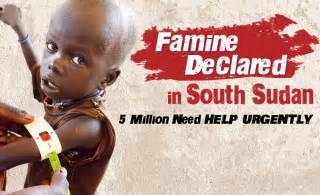New York – Through an innovative, children-led campaign delivered by the UN’s global fund for education in emergencies, Education Cannot Wait (ECW), crisis-impacted girls and boys worldwide are sharing “Postcards from the Edge” to call on world leaders and public and private sector donors to make good on promises to ensure education for all by 2030 as outlined in the Sustainable Development Goals.
These first-person accounts and drawings offer inspiring and thought-provoking portraits of the challenges facing girls and boys caught in conflict and protracted crises around the world.
“They are inspiring and compelling stories of hope and an incredible resilience in the face of adversity and testaments to the amazing power of education to transform lives. We must listen to the world’s children. They deserve their human right to an education. Their voice must speak to our decency, they deserve to be heard,” said Yasmine Sherif, Director of Education Cannot Wait.
To date, more than 50 letters, drawings and videos have been received from crisis-affected girls and boys supported through ECW-funded programmes across more than 20 of the world’s toughest country-contexts.
ECW’s strategic partners – including Educo, Plan International, Save the Children, Street Child, UNESCO, UNHCR, UNICEF, World Vision and many others – continue to collect these first-person accounts to highlight the singular power of education to end violence, hunger and poverty, and build a more peaceful world for generations to come.
In the Democratic Republic of the Congo, Lucas*, a 14-year-old refugee from the Central African Republic recounts the story of seeing his mother murdered and his village burnt to the ground.
Through a multi-year resilience programme delivered by UNHCR with funding from ECW, the boy is now back in school and dreams one day of becoming a doctor.
In his postcard, Lucas makes an impassioned plea for world leaders “to think of us refugee children and provide funding to let us finish our studies.”
Worldwide 222 million girls and boys like Lucas are having their futures ripped from them by the converging impacts of conflict, climate change, forced displacement and other protracted crises. Girls and children with disabilities are especially at risk.
Several letters were submitted from girls and boys in Afghanistan. With new rules banning girls from education and denying women their human rights, it is not clear if Zehab* from the Uruzgan Province will be able to continue her education. But for now, with the support of ECW and Street Child, she is still able to attend a non-formal community-based learning programme.
“I want to get education and become a well-known doctor. But I am wondering that I might not achieve my dreams, as girls are not allowed to attend schools in Afghanistan,” she says in her postcard. “I call on the world leaders to help us and give us the opportunity to learn and lead our future.”
Leaders across the globe will come together at the Education Cannot Wait High-Level Financing Conference on February 16 and 17 in Geneva, Switzerland, to make good on commitments to ensure every child, everywhere, is offered a quality education.
Throughout the event, youth advocates and global champions will read the Postcards from the Edge to ensure the voice of the world’s most vulnerable children are heard.
Education Cannot Wait is calling on donors, foundations and high-net-worth individuals to mobilize US$1.5 billion over the next four years. With this funding, ECW and its strategic partners will reach 20 million children and adolescents with the safety, hope and opportunity that only quality education can provide.
*Names have been changed for privacy purposes.
#PostcardsFromTheEdge – Letters from Children
| POSTCARDS | |
“For me, #education is the only hope I have left to achieve my dream of becoming a doctor.”~Lucas, 14,  refugee in #DRCongo. refugee in #DRCongo.Read how @EduCannotWait+@UNHCR_DRC help children like Lucas achieve their dreams!  bit.ly/3XTpzEf#PostcardsFromTheEdge bit.ly/3XTpzEf#PostcardsFromTheEdge | |
Darline, 14, from #Haiti demands change & an #education! demands change & an #education!@EduCannotWait’s #PostcardsFromTheEdge Campaign amplifies the voices of girls & boys like Darline ahead of #HLFC2023.Read Darline’s powerful letter  http://bit.ly/3ixhKoX @UNICEFHaiti#222MillionDreams http://bit.ly/3ixhKoX @UNICEFHaiti#222MillionDreams  | |
“I want to be an architect in the future to help build & reconstruct my country #Syria & all the countries that are affected by war & destruction.” ~Kamil, 12, refugee in #Iraq. & all the countries that are affected by war & destruction.” ~Kamil, 12, refugee in #Iraq.Read @EduCannotWait’s #PostcardsFromTheEdge delivered w/@SavetheChildren.  http://bit.ly/3kui6Nt http://bit.ly/3kui6Nt | |
“I aspire to be a #teacher because I feel I have a heart to care, ears to listen, time to give & ideas to share” ~Huma, #Pakistan . .Read her #PostcardsFromTheEdge to hear how @EduCannotWait+@UNICEF_Pakistan is making #222MillionDreams   come true. come true. bit.ly/3R7l4UE bit.ly/3R7l4UE | |
11-year-old Zawad, a refugee in #Bangladesh , wants his community and family to prioritize education. With support from @UNICEFBD+@EduCannotWait his dreams are coming true. , wants his community and family to prioritize education. With support from @UNICEFBD+@EduCannotWait his dreams are coming true. Learn more in his inspiring #PostcardsFromTheEdge  bit.ly/3DcFl5s bit.ly/3DcFl5s | |
“I call on the world leaders to help us and give us the opportunity to learn and lead our future.” ~Zehab, #Afghanistan . Read Zehab’s @EduCannotWait’s #PostcardsFromTheEdge . Read Zehab’s @EduCannotWait’s #PostcardsFromTheEdge  https://bit.ly/3CTEpmh https://bit.ly/3CTEpmhLike & retweet if you agree #EducationCannotWait for #Afghan girls! | |
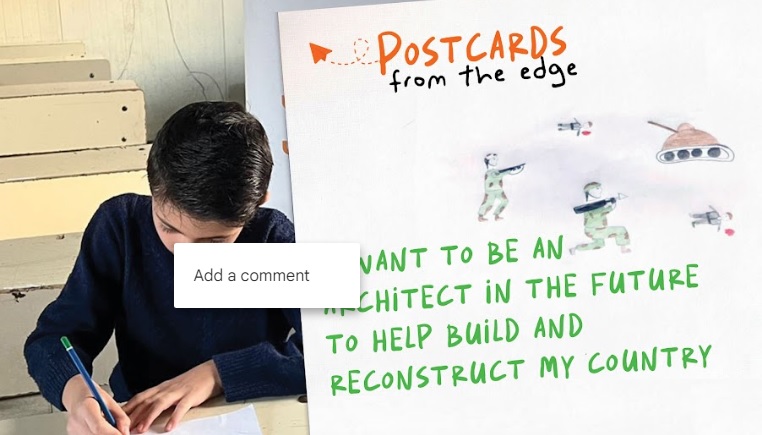


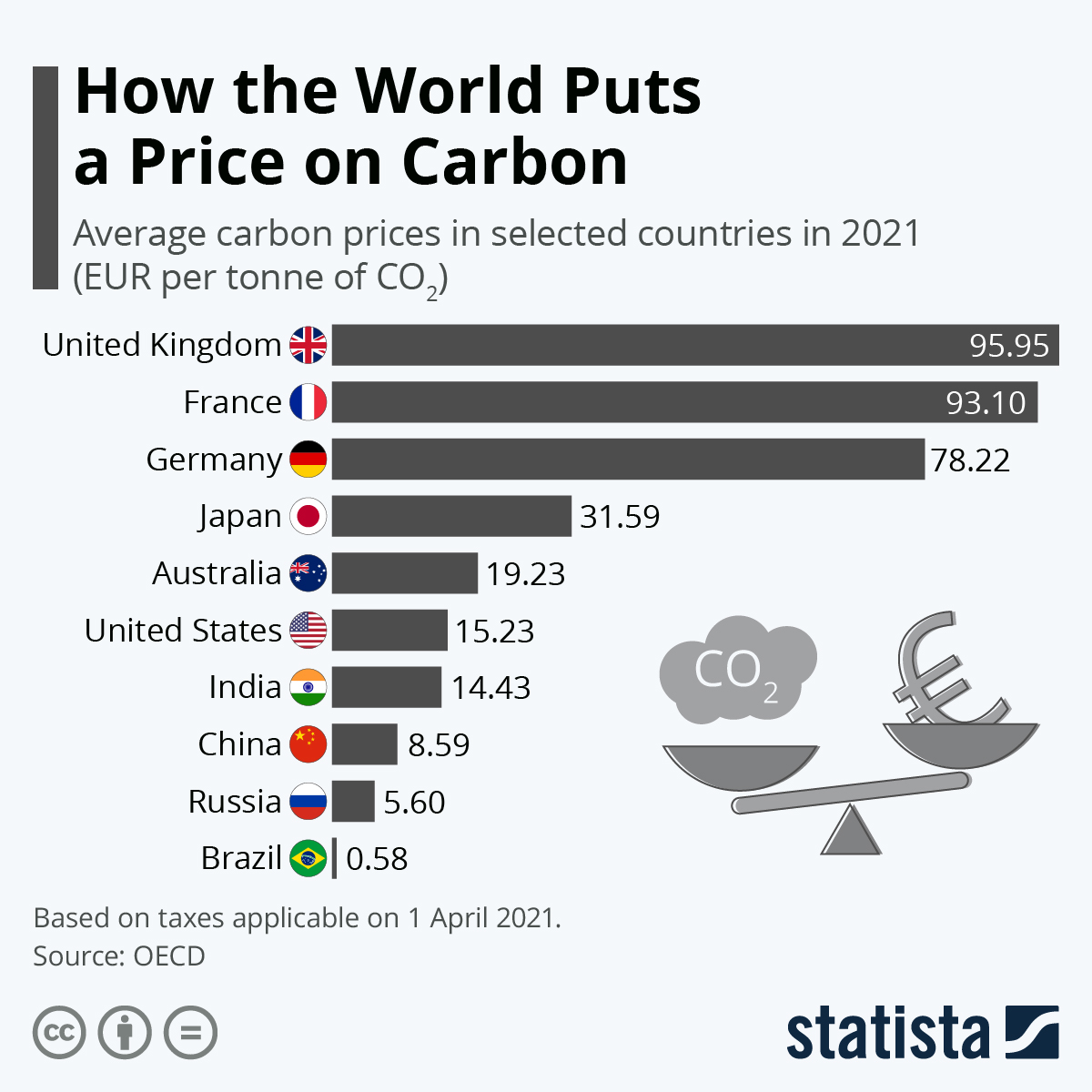
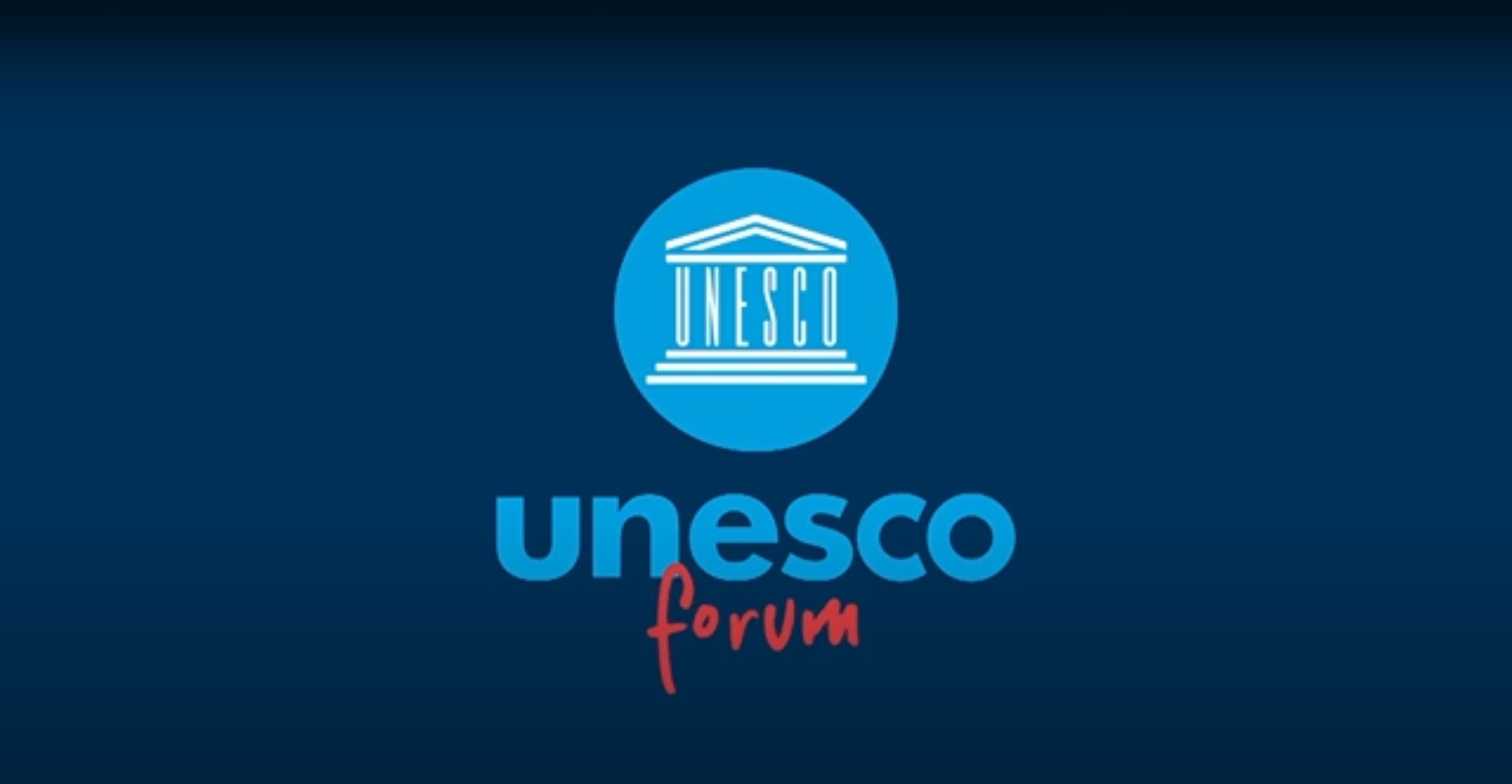
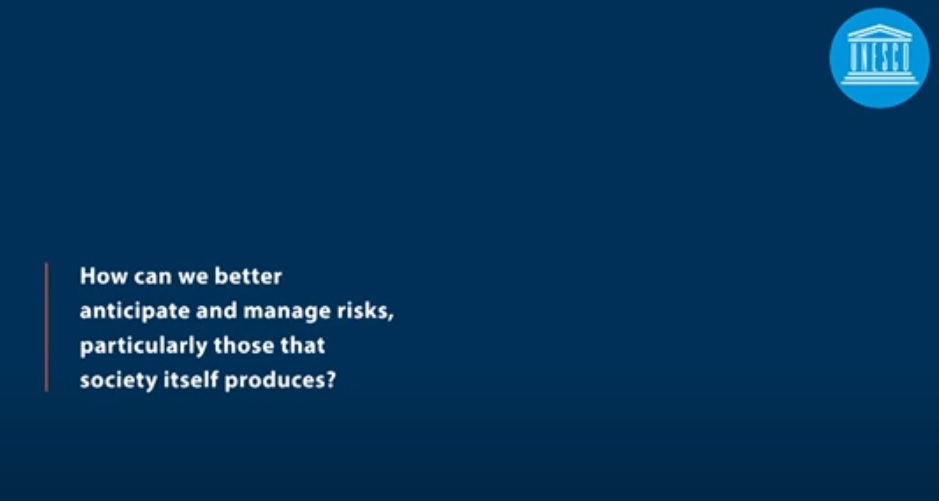
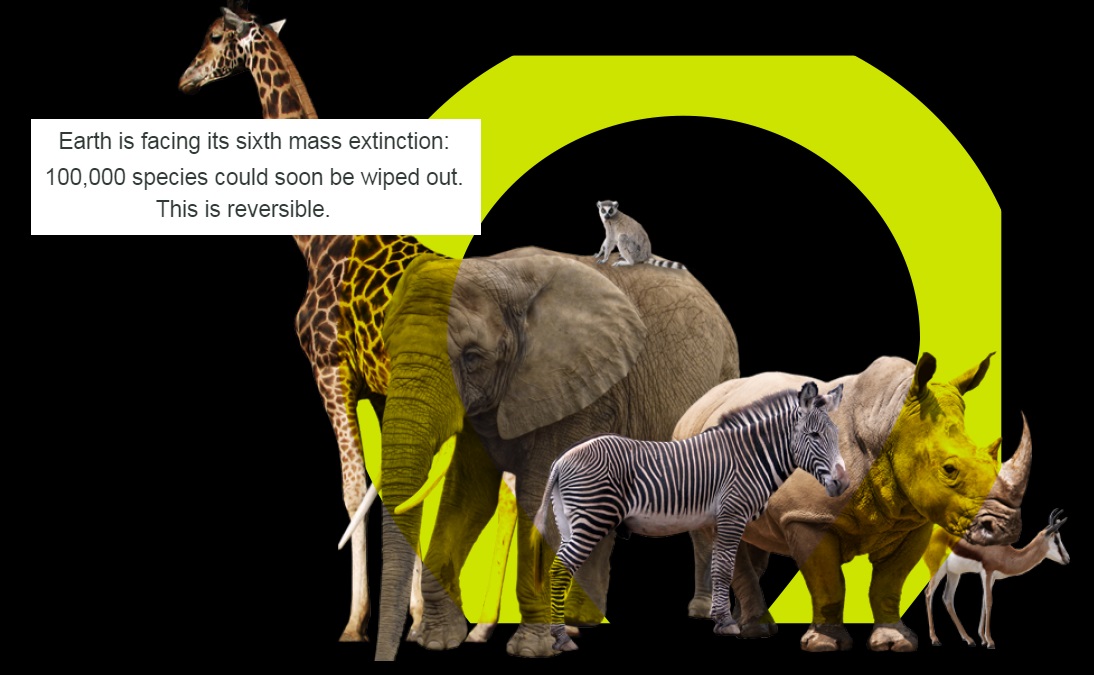


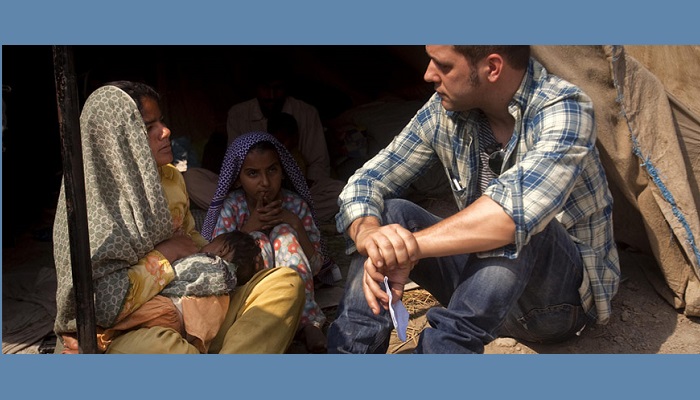
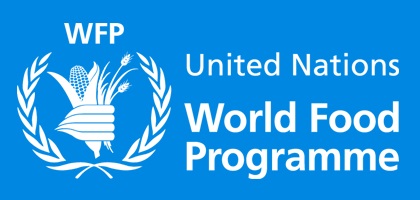 It costs just $4.55cdn, less than a bottle of maple syrup, to provide one week of nutritious meals to children in school through the ShareTheMeal app! The app allows users to share nutritious food with hungry children around the world by simply tapping on their smartphone and donating $0.65 or more.
It costs just $4.55cdn, less than a bottle of maple syrup, to provide one week of nutritious meals to children in school through the ShareTheMeal app! The app allows users to share nutritious food with hungry children around the world by simply tapping on their smartphone and donating $0.65 or more.
